What is Mt. Gox?
Last updated
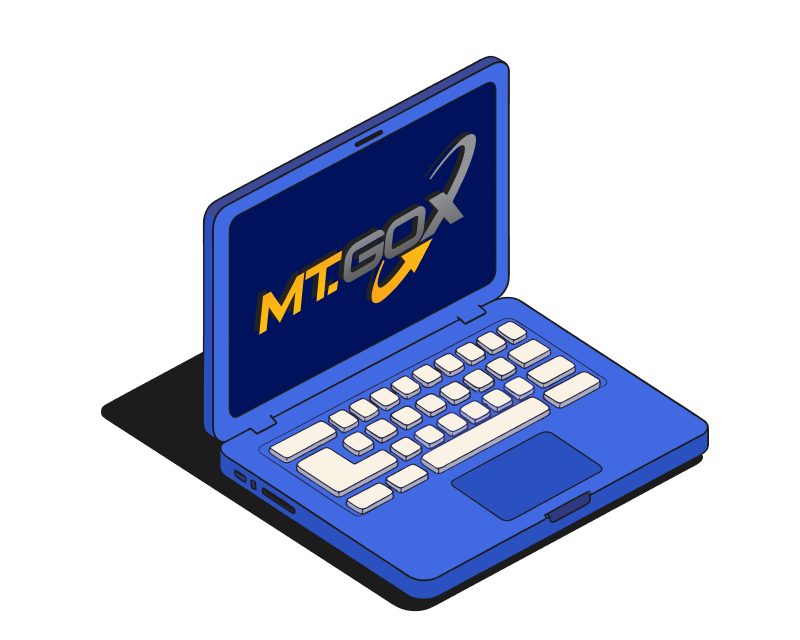
Table of Contents
- Mt. Gox: The Rise and Fall of a Bitcoin Empire
- From Magic Cards to Bitcoin: The Early Days and Rise to Dominance
- Security Breaches, Regulatory Scrutiny, and the Beginning of the End
- The Collapse: A Defining Moment and its Impact
- Aftermath, Lessons Learned, and Long-Term Impact
- Conclusion: A Cautionary Tale and Catalyst for Change
Mt. Gox: The Rise and Fall of a Bitcoin Empire
Mt. Gox, once the leading Bitcoin exchange, holds a significant place in cryptocurrency history. Its rise and fall offer valuable lessons about security, regulation, and the importance of responsible asset management in the volatile world of crypto. This article explores Mt. Gox's journey, its collapse, and its lasting impact on the Bitcoin ecosystem.
Get started with a quick introduction to Bitcoin. Dive deeper into what Bitcoin is and explore its origin story-from an idea to a global financial revolution.
From Magic Cards to Bitcoin: The Early Days and Rise to Dominance
Mt. Gox, initially short for "Magic: The Gathering Online Exchange," was founded by Jed McCaleb in 2007 as a platform for trading "Magic: The Gathering" online cards. In 2010, McCaleb recognized Bitcoin's potential and transformed Mt. Gox into a Bitcoin exchange. This move proved timely, coinciding with Bitcoin's growing popularity. Mt. Gox quickly became the dominant platform for buying and selling Bitcoin, handling over 70% of all Bitcoin transactions worldwide by 2013. Its user-friendly interface and early market entry made it the go-to platform for many entering the world of cryptocurrency. This dominance solidified Mt. Gox's position as a central player in the Bitcoin ecosystem, influencing price discovery and market trends.
Learn more about how Bitcoin exchanges work and understand more about Centralized Exchanges (CEX).
Security Breaches, Regulatory Scrutiny, and the Beginning of the End
Mt. Gox's rapid growth came at a cost. Security vulnerabilities and a lack of robust internal controls made the exchange a target for hackers. A significant security breach in June 2011 resulted in the theft of thousands of Bitcoins, exposing the exchange's weaknesses. This incident marked the beginning of a series of security breaches and operational challenges that would eventually lead to its downfall.
Stay safe with Bitcoin security best practices. Protect your assets by understanding the importance of secure Bitcoin wallets with What is a Bitcoin Wallet? and How to Create a Bitcoin Wallet. Learn how to Choose the Right Wallet and stay vigilant by Avoiding Common Bitcoin Scams.
As Bitcoin gained prominence, regulatory scrutiny increased. Mt. Gox faced challenges complying with evolving regulations, further straining its operations. Understand Bitcoin governance and the challenges of regulation in a decentralized system.
The Collapse: A Defining Moment and its Impact
In February 2014, Mt. Gox suspended trading, citing technical issues. Shortly after, the exchange filed for bankruptcy, revealing the loss of approximately 850,000 Bitcoins, worth hundreds of millions of dollars at the time. This massive loss, attributed to a combination of hacking and mismanagement, sent shockwaves through the Bitcoin community and significantly impacted the Bitcoin price.
The collapse led to a market crash and a significant loss of trust, particularly in centralized exchanges.
Explore Bitcoin's price volatility, Bitcoin's price history, and learn the essentials of buying Bitcoin and selling Bitcoin.
Aftermath, Lessons Learned, and Long-Term Impact
The Mt. Gox collapse triggered numerous legal battles and investigations. Efforts to recover the lost Bitcoins and compensate victims are ongoing. The incident highlighted the need for stronger security measures, regulatory oversight, and the importance of self-custody for cryptocurrency assets. Understand the difference between custodial and non-custodial wallets.
The Mt. Gox saga provides valuable lessons: Security is paramount, self-custody is crucial, regulation is evolving, and risk management is key. Learn more about Bitcoin as an asset.
The Mt. Gox collapse, while a setback, ultimately strengthened the Bitcoin ecosystem. It highlighted the importance of security, decentralization, and self-custody, leading to improvements in wallet technology, exchange security practices, and a greater awareness of the risks associated with centralized platforms. The incident also fueled the development of decentralized exchanges (DEXs), offering an alternative to centralized platforms.
Conclusion: A Cautionary Tale and Catalyst for Change
Mt. Gox's story serves as both a cautionary tale and a catalyst for positive change in the cryptocurrency world. While its collapse had a significant negative impact, it ultimately led to a more resilient and secure Bitcoin ecosystem. By learning from the mistakes of the past, the crypto community can continue to build a more robust and trustworthy financial future. This incident continues to shape the development and practices of cryptocurrency exchanges today.
Related guides
Start from here →
What is Bitcoin?
Get a straightforward introduction to Bitcoin and why it matters.

What is Bitcoin?
Get a straightforward introduction to Bitcoin and why it matters.
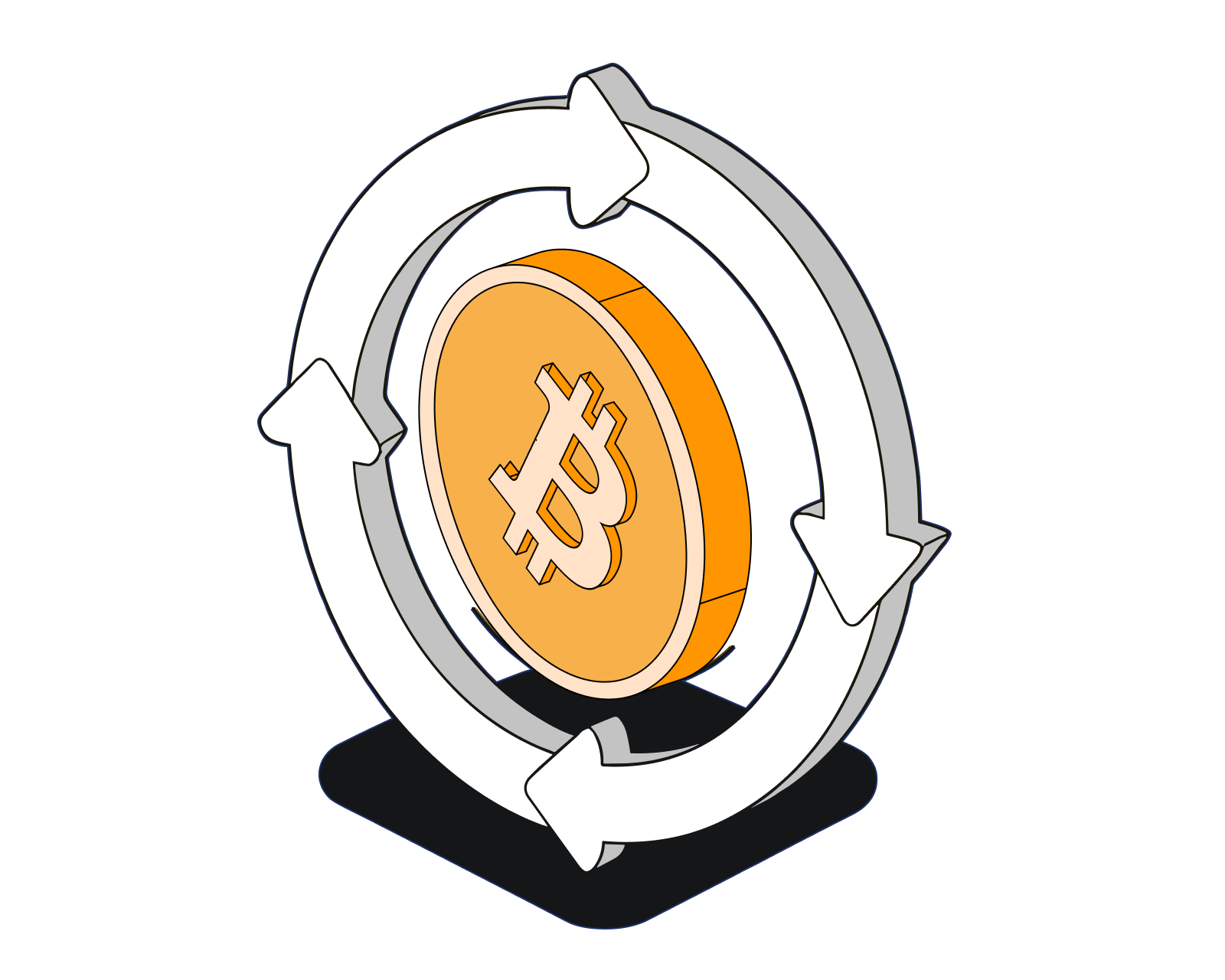
How does bitcoin exchange work?
How safe is it to store your crypto on centralized exchanges?

How does bitcoin exchange work?
How safe is it to store your crypto on centralized exchanges?

What is Bitcoin governance?
How does the network operate and decide on critical issues?

What is Bitcoin governance?
How does the network operate and decide on critical issues?
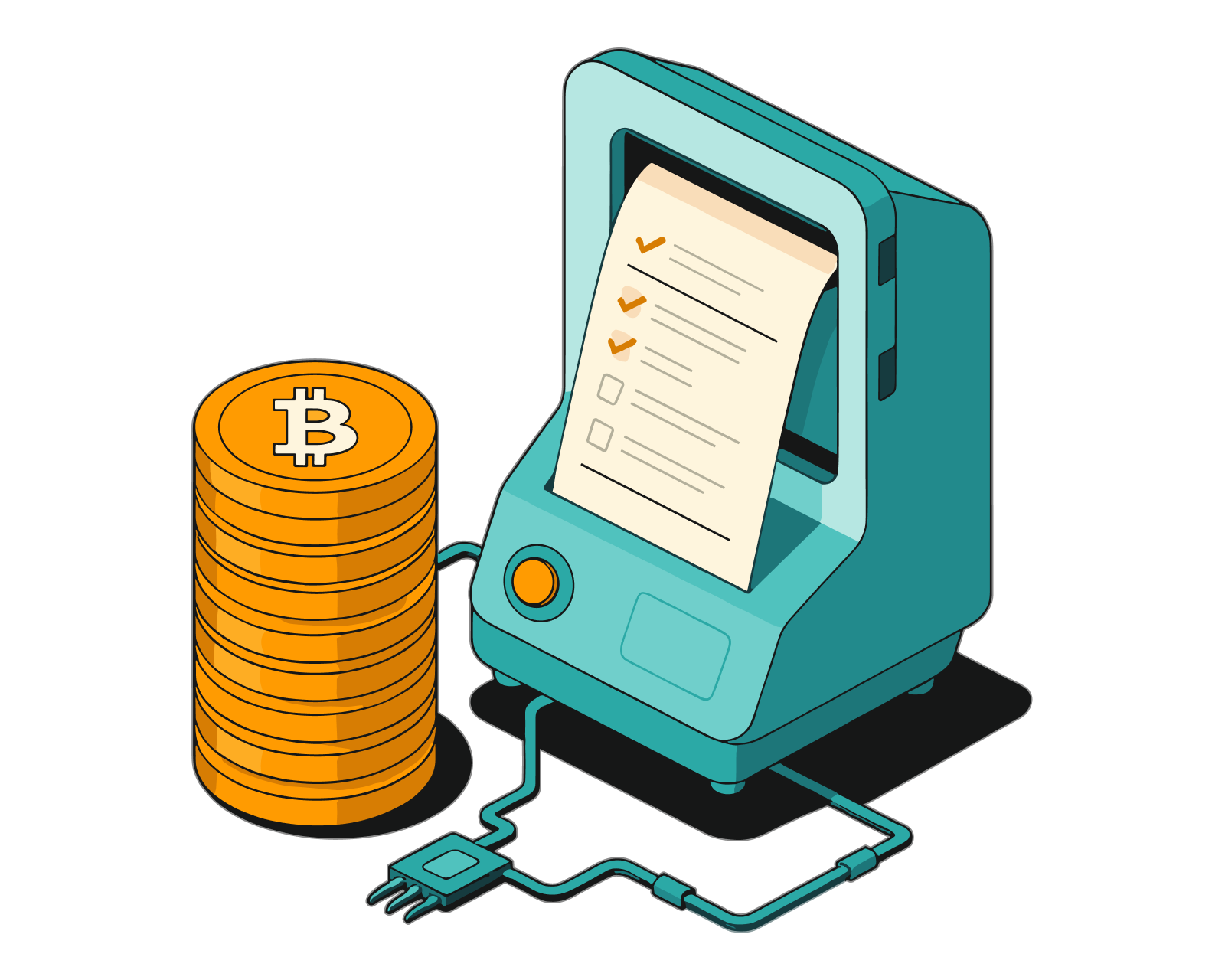
Bitcoin Price History
A comprehensive guide to Bitcoin's price history, analyzing trends, volatility, key events, and investment strategies.

Bitcoin Price History
A comprehensive guide to Bitcoin's price history, analyzing trends, volatility, key events, and investment strategies.
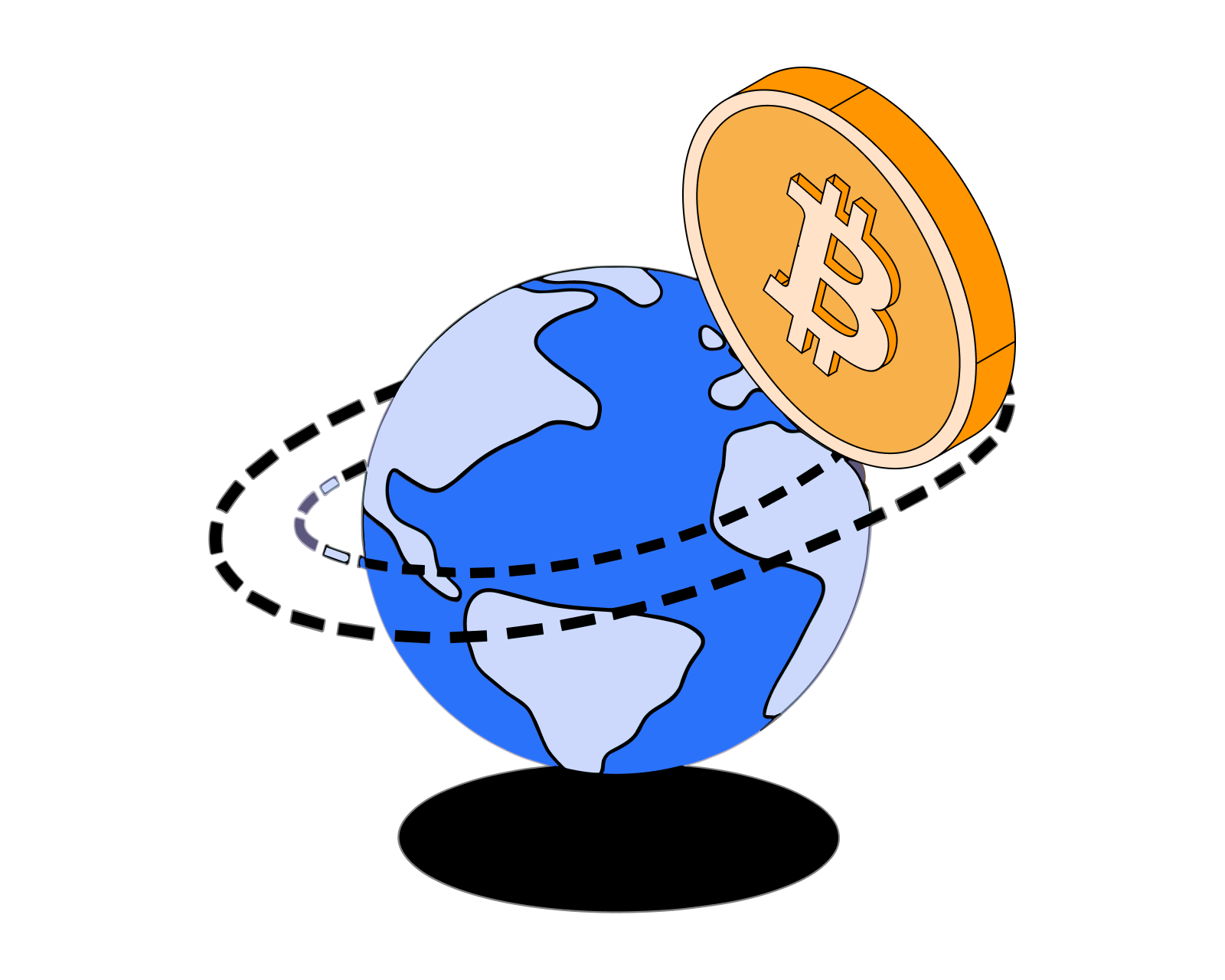
The Bitcoin Revolution
A deep dive into the history of Bitcoin, its evolution, challenges, and the future of digital currencies.

The Bitcoin Revolution
A deep dive into the history of Bitcoin, its evolution, challenges, and the future of digital currencies.
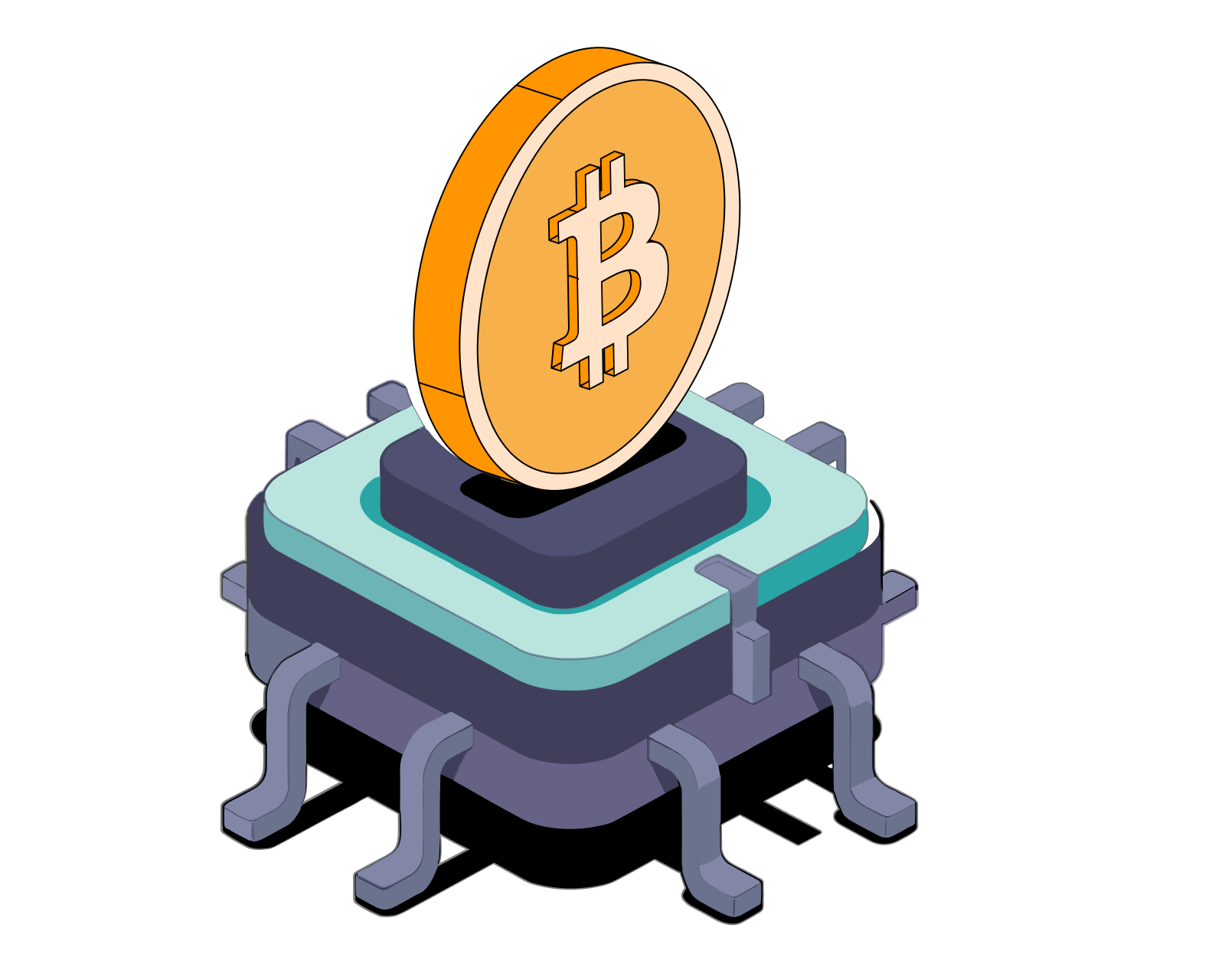
How does Bitcoin compare to other asset classes?
Find out how Bitcoin has performed as an asset class vs. others.

How does Bitcoin compare to other asset classes?
Find out how Bitcoin has performed as an asset class vs. others.
STAY AHEAD IN CRYPTO
Stay ahead in crypto with our weekly newsletter delivering the insights that matter most
Weekly crypto news, curated for you
Actionable insights and educational tips
Updates on products fueling economic freedom
No spam. Unsubscribe anytime.
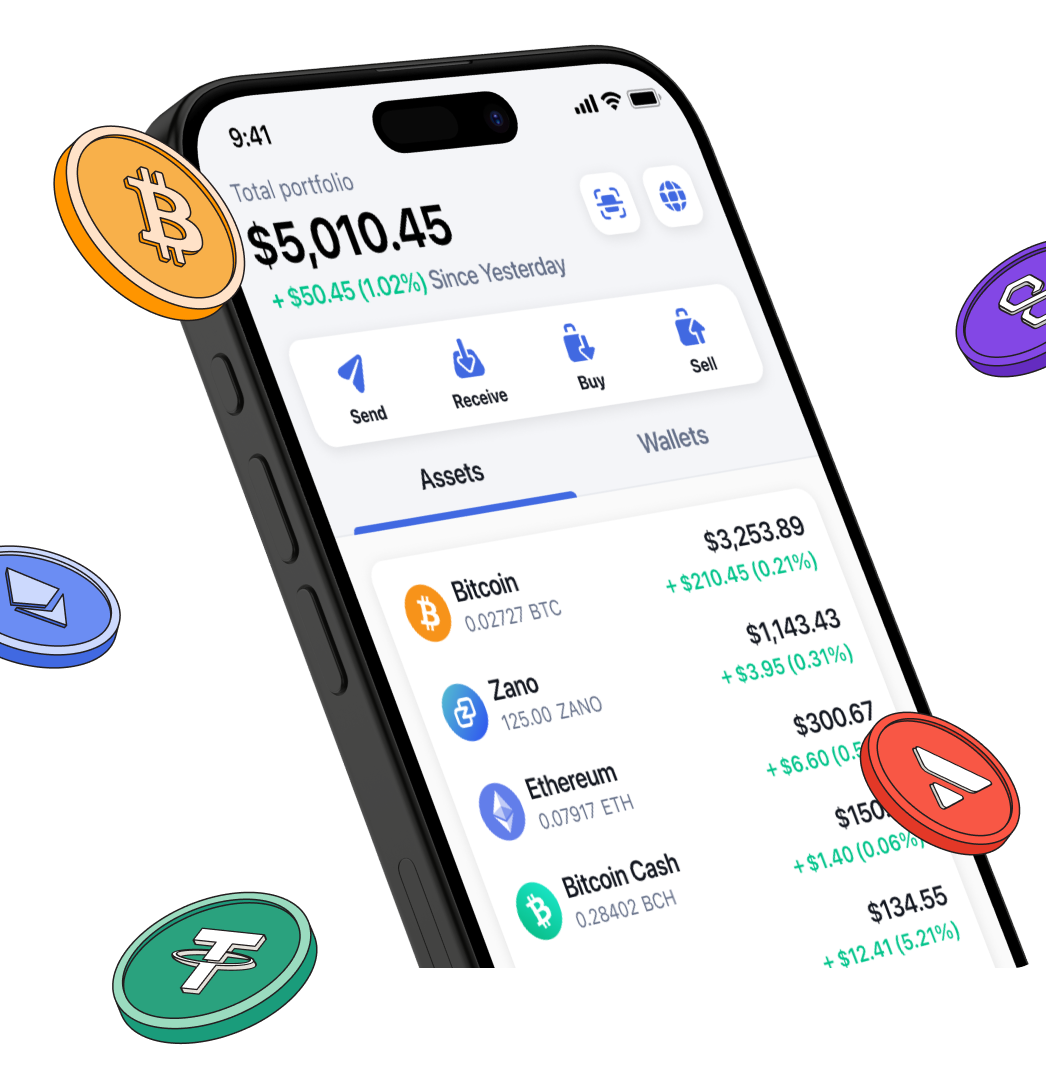
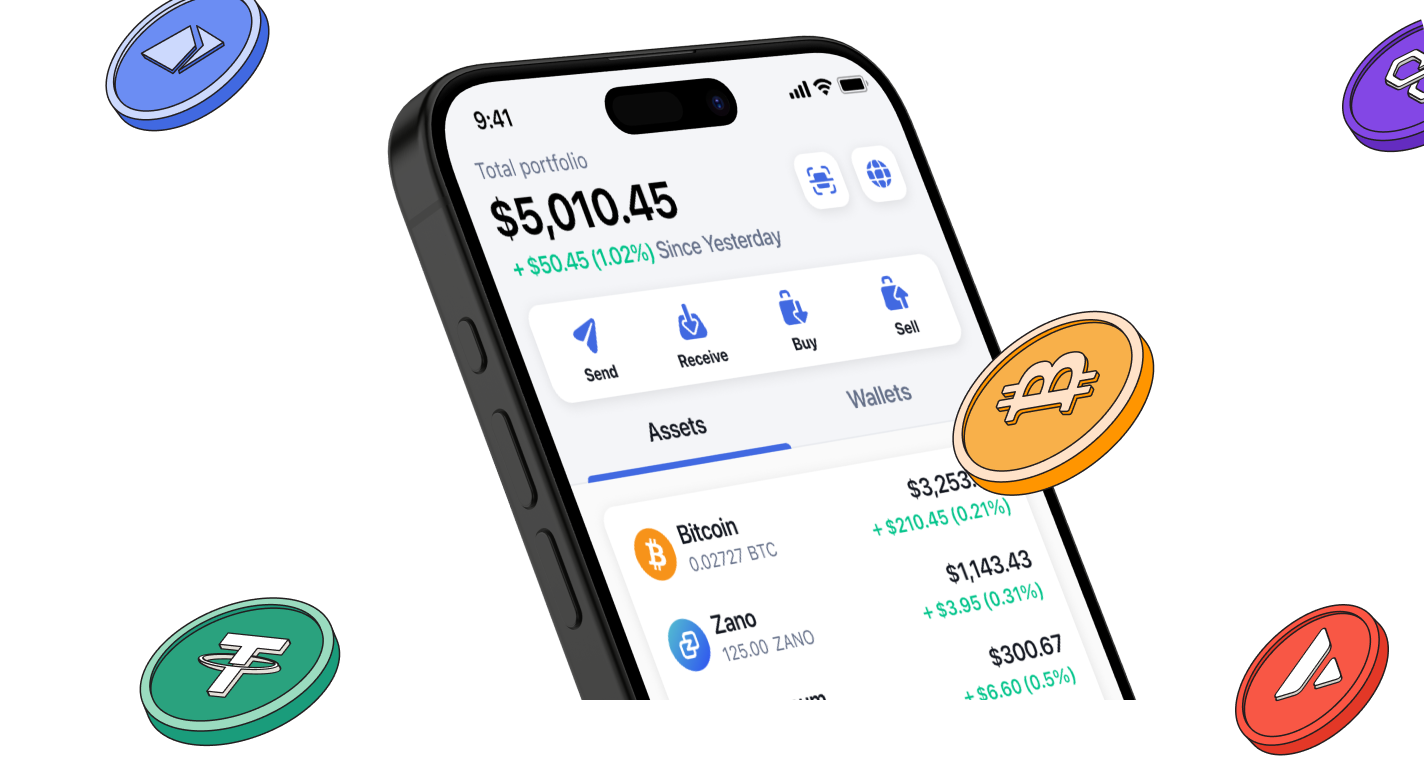
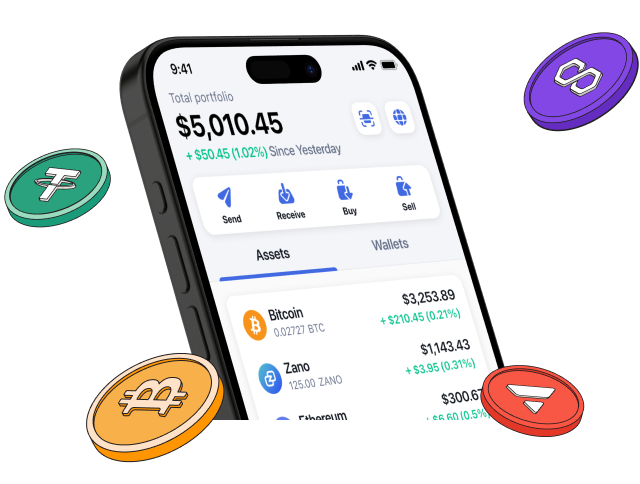
Start investing safely with the Bitcoin.com Wallet
Over wallets created so far
Everything you need to buy, sell, trade, and invest your Bitcoin and cryptocurrency securely

© 2026 Saint Bitts LLC Bitcoin.com. All rights reserved




